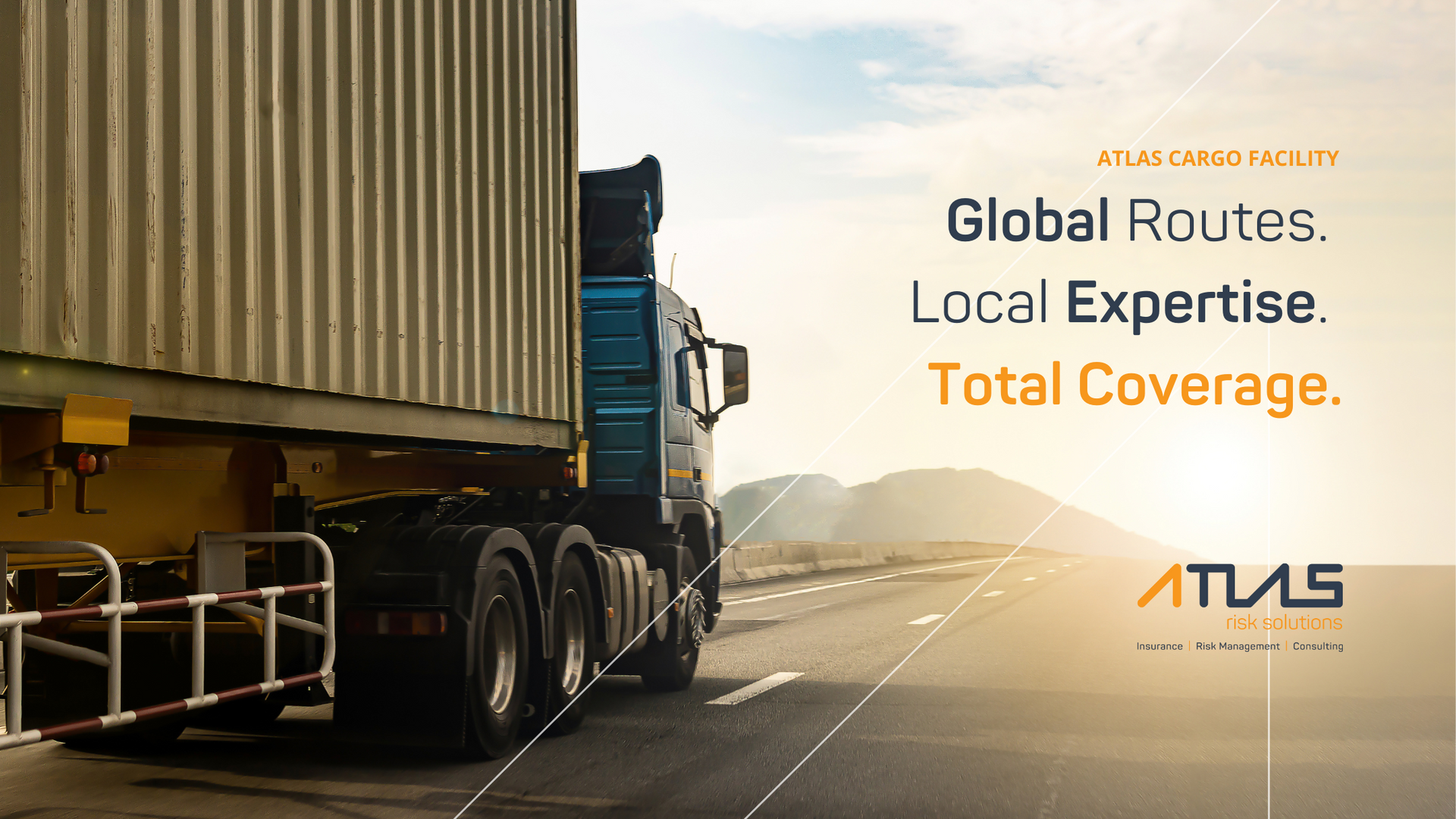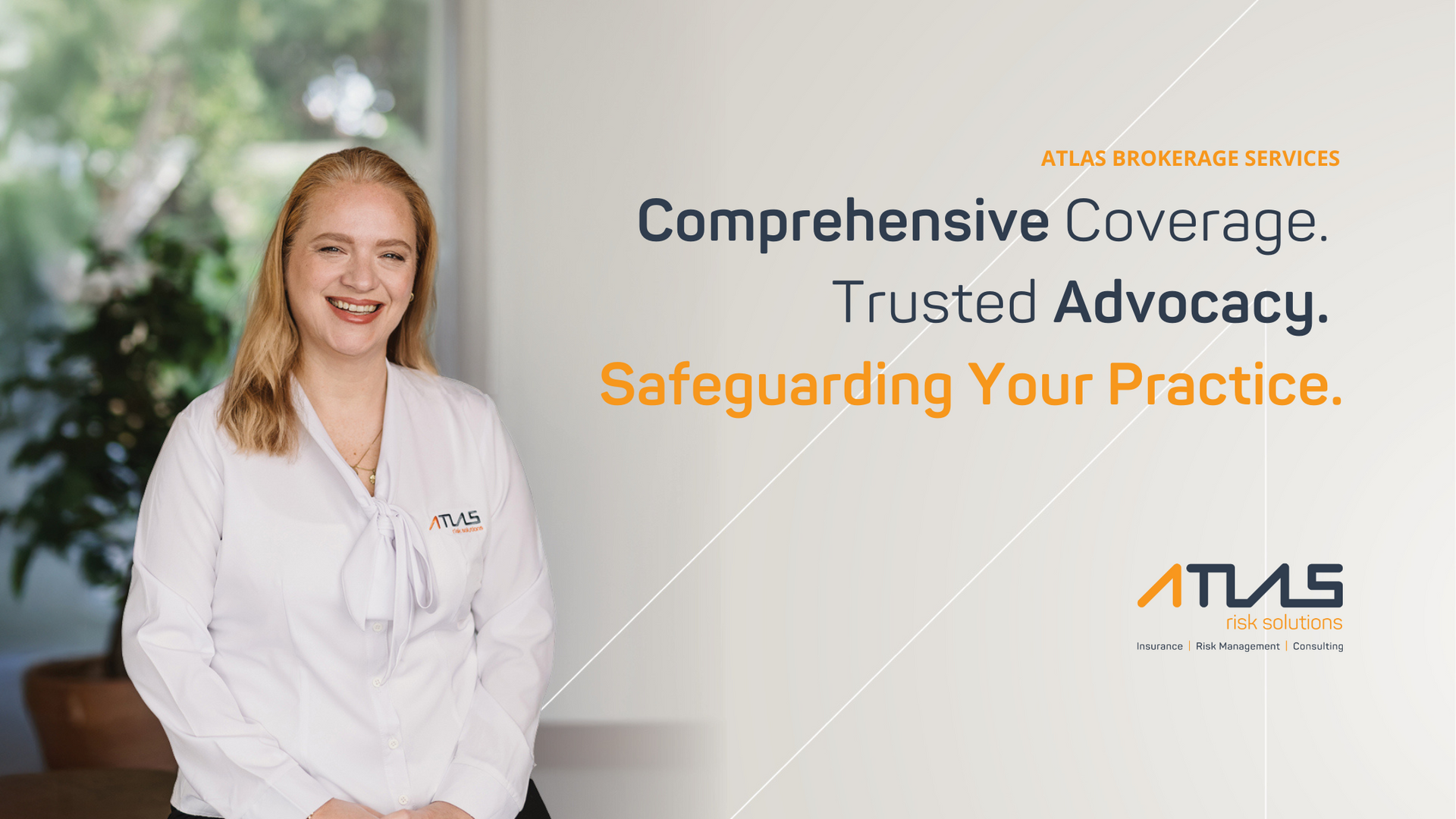Why Cargo Insurance Matters More Than Ever In Today's Global Trade

In the dynamic world of global and regional trade, the movement of cargo is the lifeline of businesses - connecting supply chains, serving customers, and delivering value across borders. But with every shipment comes risk. Whether by land, sea, or air, goods in transit are vulnerable to damage, loss, theft, and delay.
Cargo Insurance isn't just a box to check, it's essential protection.
What Is Cargo Insurance and Why Is It Important?
Cargo insurance provides financial protection for goods while they are being transported from one location to another. If your shipment is damaged or lost during transit due to covered perils, the insurance helps cover the costs, minimizing your business exposure.
Without it, companies risk absorbing large, unexpected losses that can disrupt operations or severely impact the bottom line, especially if the cargo is high-value or time-sensitive.
Even though carriers may be legally liable for damages, their liability is often limited and doesn't cover all types of loss. That's why securing your own cargo insurance is crucial to fill the gap between carrier liability and the true value of your goods.
Common Risks Faced During Transit
Whether you're shipping within the Caribbean or globally, cargo in transit is exposed to a range of real-world threats, such as:
- Rough handling or loading damage
- Accidents at sea or on land
- Fire, flood, or other natural disasters
- Theft or piracy
- Delays that lead to spoilage or loss in value
- Customs issues or misrouting
With increasing global disruptions and rising freight volumes, cargo losses have grown in frequency and severity - making insurance more critical than ever.
Types Of Cargo Insurance Coverages
There isn’t a one-size-fits-all solution when it comes to cargo insurance. Depending on the nature of your business and shipment, coverage can be tailored. The main types include:
1. All-Risk Coverage
This is the most comprehensive form and covers most external causes of loss or damage, subject to standard exclusions. It’s ideal for high-value or fragile goods.
2. Named Perils (or Specific Risk) Coverage
Covers only the risks specifically listed in the policy, such as fire, collision, or overturning. It may be suited for less sensitive cargo or when cost is a concern.
3. Warehouse-to-Warehouse Coverage
Protects cargo from the point of origin (e.g., the seller’s warehouse) to the final destination (e.g., the buyer’s warehouse), including any interim storage.
4. Open Cargo Policy
This is a long-term solution for businesses that ship regularly. It covers all shipments over a defined period, eliminating the need to insure each shipment individually.
The Significant Benefits Of Switching From CIF to CF
It’s crucial importers and businesses in the Dutch Caribbean, to understand the significant benefits of switching from CIF (Cost, Insurance & Freight) to CF (Cost & Freight) terms when arranging international shipments.
When purchasing goods under CIF, the seller is responsible for insuring the cargo, often with a policy from a provider in their own country. This can lead to higher premiums, limited local control, and gaps in coverage. Additionally, claims processes under CIF can be more complex, less transparent, and slower, as they’re handled from abroad.
By opting for CF, the buyer assumes control of the insurance coverage locally and ideally through a trusted local broker like ARS. This shift allows the importer to:
- Secure better coverage tailored to local risks and needs
- Negotiate more favorable premium rates
- Gain direct control over claims handling and faster resolutions
- Consolidate cargo under one policy for volume-based discounts
- Create a new revenue stream by capturing insurance premiums locally
Ultimately, substituting CIF for CF empowers businesses to reduce costs, enhance operational efficiency, and strengthen financial resilience. It's not just a technical adjustment, it's a strategic move that gives companies more control over their risk management.
The Atlas Cargo Facility
At Atlas Risk Solutions, we’ve designed a streamlined, fully digital Cargo Facility for importers, forwarders, and shipping agents in the Dutch Caribbean and beyond. Through this platform, users can quickly request and bind cargo insurance online, 24/7.
This system provides:
- Real-time quotes and policy generation
- Custom-tailored coverage for each shipment
- Instant documentation and proof of insurance
- Easy access for freight forwarders and end clients
- Multilingual support from our experienced team
Our facility eliminates the bottlenecks of traditional insurance and ensures your cargo is covered — no matter when or where it’s moving.
What To Look For In A Cargo Insurance Provider
When choosing a cargo insurance provider, it’s not just about price, it’s about partnership, service, and claims expertise. You want a broker who:
- Understands international and regional trade flows
- Provides quick claims handling and clear guidance
- Has direct access to reputable global underwriters
- Offers personalized advice and tailored coverage
- Can help identify and manage risks before they escalate
Atlas Risk Solutions works closely with both clients and logistics partners to ensure your cargo arrives safely and securely - and when something unexpected happens, we are right there to assist.
Want to learn more about how our digital Cargo Facility can maximize your savings?
🌎 Visit our website: www.atlasrisksolutions.com/cargo-facility
📧 Contact us today: business@atlasrisksolutions.com




